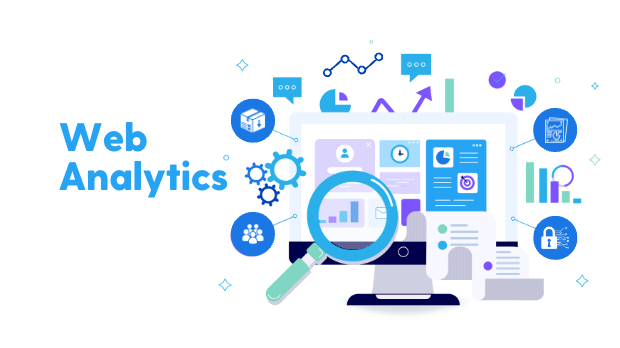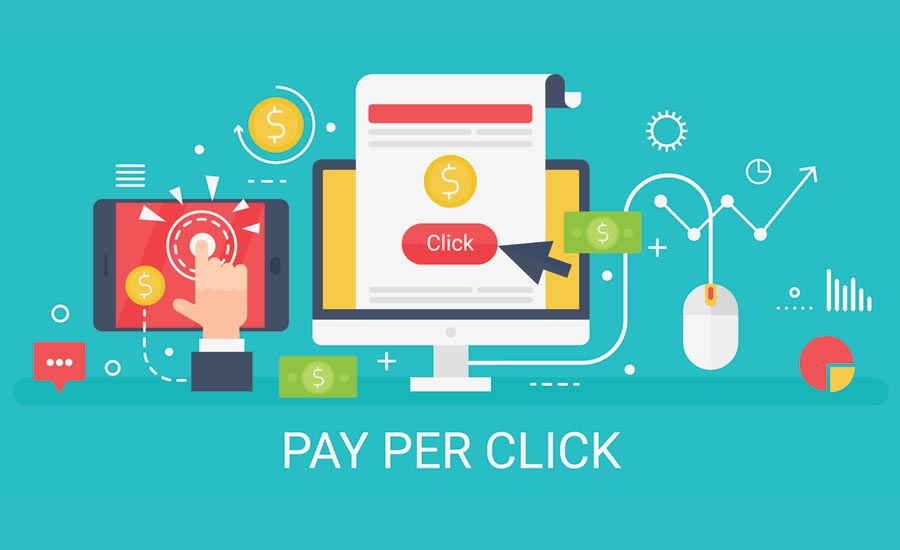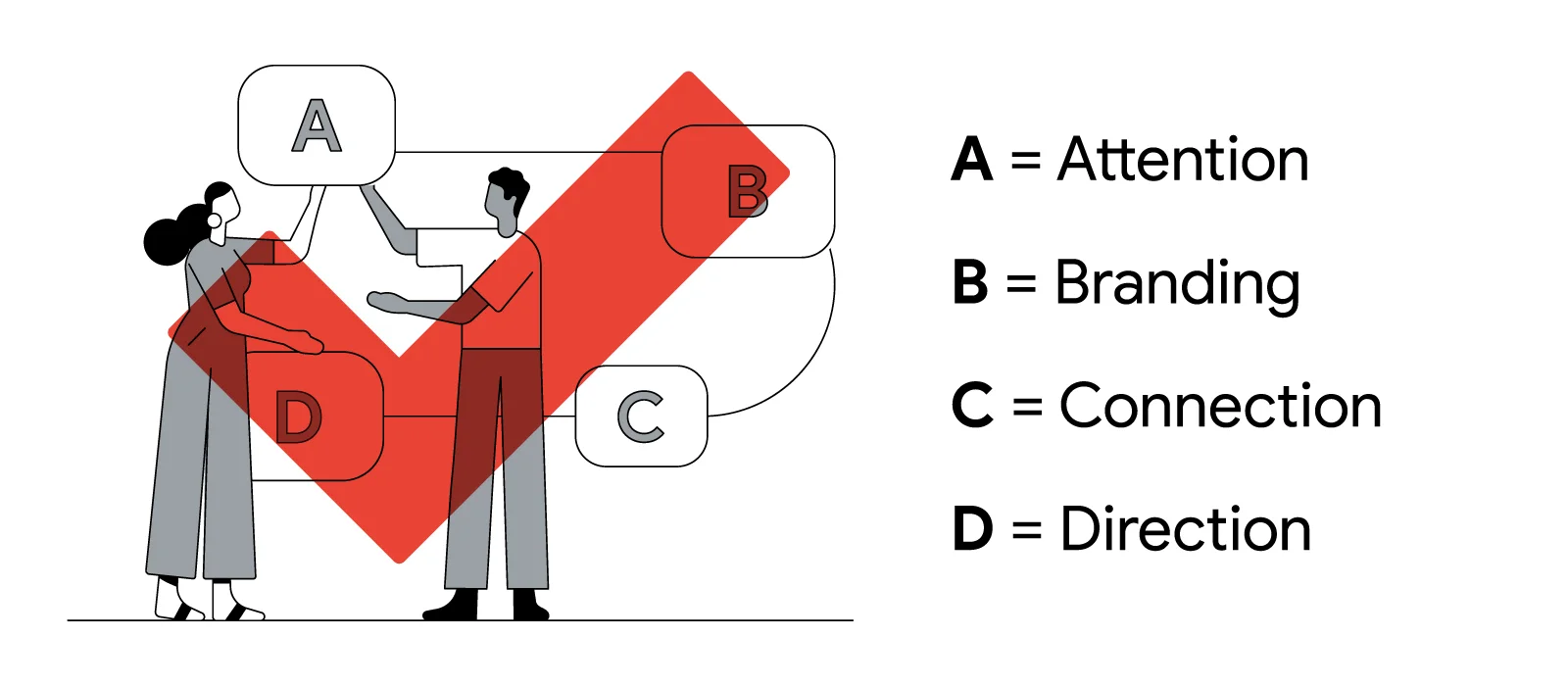1. Search Engine Optimization (SEO)
One of the foundational services a digital marketing company should offer is Search Engine Optimization (SEO). SEO is the practice of optimizing a website so that it ranks higher in search engine results pages (SERPs), making it easier for potential customers to find you. This involves keyword research, on-page and off-page optimization, and technical SEO enhancements.Why is SEO Essential?
- Increased Visibility: SEO helps your business appear on the first page of search engines like Google, driving more organic traffic to your site.
- Better ROI: Compared to paid ads, SEO offers long-term benefits and a higher return on investment.
- Credibility and Trust: Appearing at the top of search results increases credibility with users.
2. Pay-Per-Click Advertising (PPC)
PPC advertising allows businesses to bid for ad placement in search engines or social media platforms, only paying when users click on the ad. A well-executed PPC campaign can drive immediate traffic and results.Benefits of PPC Advertising
- Instant Results: Unlike SEO, which takes time, PPC can drive immediate traffic to your website.
- Targeted Ads: PPC allows businesses to target specific demographics, locations, and interests.
- Budget Control: You can set a daily budget, ensuring you don’t overspend.
3. Social Media Marketing
Social media marketing is essential for engaging with your audience on platforms like Facebook, Instagram, LinkedIn, and Twitter. A digital marketing company should create, manage, and optimize your social media profiles to build brand awareness, generate leads, and foster customer relationships.Key Components of Social Media Marketing
- Content Creation: Regular posts, stories, and updates that resonate with your audience.
- Engagement: Responding to comments, messages, and fostering interaction with followers.
- Analytics: Monitoring performance metrics such as reach, impressions, and engagement to refine strategies.
4. Content Marketing
Content marketing is the backbone of any successful digital marketing strategy. It involves creating valuable, relevant, and consistent content to attract and retain a target audience. Content marketing is not only about writing blogs, but also about producing videos, infographics, case studies, and other engaging materials.The Role of Content Marketing
- Brand Authority: High-quality content positions your brand as an authority in your industry.
- SEO Benefits: Regular content helps improve your SEO ranking.
- Lead Generation: Engaging content can capture leads by offering solutions to your audience’s problems.
5. Email Marketing
Email marketing remains one of the most effective ways to nurture leads and convert them into customers. By sending personalized and relevant content directly to a subscriber’s inbox, you can keep your audience engaged.Key Benefits of Email Marketing
- High ROI: Email marketing is known for providing one of the highest returns on investment in the digital marketing space.
- Automation: Email campaigns can be automated, saving time while delivering targeted messages.
- Personalization: Emails can be tailored to the user’s behavior and preferences.
6. Conversion Rate Optimization (CRO)
Conversion Rate Optimization (CRO) is the practice of improving the percentage of website visitors who take a desired action, whether it’s filling out a form, making a purchase, signing up for a newsletter, or any other goal relevant to your business. CRO focuses on optimizing the user experience on your website to increase the likelihood of conversions.Key Elements of CRO
- A/B Testing: One of the most critical elements of CRO is A/B testing, where different versions of a webpage are tested to determine which one leads to better conversion rates. This could include variations in layout, colors, calls-to-action (CTAs), or even copy.
- Heatmaps and User Behavior Analysis: Understanding how users interact with your website is crucial for improving conversion rates. Tools like heatmaps allow a digital marketing company to analyze which parts of a webpage are getting the most attention and where users drop off in the conversion process.
- Improved CTAs (Call to Action): The placement, design, and text of CTAs can significantly impact conversions. CRO involves optimizing these elements to ensure they capture the user’s attention and encourage them to take action.
- Landing Page Optimization: Often, a poorly designed landing page can result in a high bounce rate. CRO experts focus on improving landing pages by making them more engaging, relevant, and user-friendly.
- Speed and Performance Optimization: Website speed plays a significant role in conversions. Slow load times can lead to a higher bounce rate, meaning potential customers leave your site before taking action. Optimizing website speed can lead to more conversions and a better user experience.
Why CRO is Crucial for Your Business
- Increased Revenue: By optimizing for conversions, you can get more value out of the traffic your website already receives, leading to higher sales and revenue without needing to increase traffic.
- Cost-Effective: Instead of investing more money into attracting additional traffic, CRO focuses on making the most of the visitors you already have. This leads to a better return on investment (ROI) for your marketing efforts.
- Better User Experience: CRO often involves refining the user experience, making your website easier to navigate and more intuitive. This not only improves conversions but also enhances customer satisfaction and brand loyalty.
7. Web Design and Development
A crucial service that a digital marketing company should offer is web design and development. Your website is often the first interaction a potential customer has with your brand. A well-designed, responsive, and user-friendly website can make a strong first impression and encourage visitors to stay longer.Features of Effective Web Design
- Responsive Design: A website must function smoothly across all devices—desktop, tablet, and mobile.
- User Experience (UX): Easy navigation and a clean layout help improve user interaction and reduce bounce rates.
- SEO Optimization: A well-structured website that adheres to SEO best practices will rank higher on search engines.
8. Analytics and Reporting
Data is the backbone of any digital marketing strategy. A digital marketing company should offer comprehensive analytics and reporting services to measure the effectiveness of campaigns. This includes tracking key performance indicators (KPIs) such as website traffic, conversion rates, bounce rates, and customer engagement.Importance of Analytics in Digital Marketing
- Data-Driven Decisions: Analytics help in making informed decisions based on performance metrics.
- Campaign Optimization: With real-time data, a digital marketing company can adjust strategies for better results.
- Transparency: Detailed reports provide clear insights into how marketing efforts are translating into tangible results.
9. Local SEO
Local SEO is vital for businesses that serve specific geographical areas. A good digital marketing company should offer local SEO services to help your business show up in location-based searches. This is particularly important for small and medium-sized businesses that rely on local customers.Key Components of Local SEO
- Google My Business Optimization: Ensuring your business is listed and optimized on Google My Business.
- Local Citations: Ensuring your business name, address, and phone number (NAP) are consistent across all local directories.
- Local Keywords: Targeting keywords that reflect local searches to attract nearby customers.
10. Influencer Marketing
Influencer marketing involves partnering with influencers—people with a strong following on social media platforms or blogs—to promote your brand. A digital marketing company should help identify the right influencers for your industry and craft campaigns that resonate with their audience.Why Influencer Marketing Works
- Trust and Credibility: Influencers have established trust with their audience, which can transfer to your brand.
- Targeted Audience: You can reach niche markets that might be difficult to target through traditional methods.
- Engagement: Influencers often generate high levels of engagement, helping boost brand awareness.
How to Choose the Best Digital Marketing Company
Selecting the right digital marketing company for your business is a critical decision. Here are some key factors to consider when making your choice:1. Experience and Expertise in a Digital Marketing Company
Look for a digital marketing company with proven experience in your industry. A company that understands the unique challenges of your sector will be better equipped to develop strategies tailored to your business goals.Things to Look For:
- Case studies and success stories.
- Testimonials and client feedback.
- Years of experience in digital marketing.
2. Range of Services in a Digital Marketing Company
A comprehensive digital marketing company should offer a wide range of services, from SEO to PPC, social media management, and beyond. This allows for a cohesive marketing strategy where all components work together seamlessly.Why Range Matters:
- A broad service offering ensures you can scale your marketing efforts as your business grows.
- You won’t need to hire multiple agencies for different services.
3. Customization in a Digital Marketing Company
Every business is unique, and your marketing strategy should reflect that. Avoid digital marketing companies that use a one-size-fits-all approach. Instead, choose a company that takes the time to understand your specific needs and offers tailored solutions.Signs of a Custom Approach:
- The company conducts a thorough analysis of your business.
- They offer personalized recommendations and strategies.
- They adjust campaigns based on performance metrics.
4. Transparency and Communication in a Digital Marketing Company
A good digital marketing company should be transparent about its processes and keep you informed every step of the way. Regular updates, reports, and open communication are essential for a successful partnership.Key Communication Practices:
- Clear and detailed reporting.
- Regular updates on campaign progress.
- Open channels of communication for questions and feedback.
5. Results and ROI in a Digital Marketing Company
At the end of the day, the effectiveness of a digital marketing company comes down to the results they deliver. Look for companies that focus on measurable outcomes and can demonstrate how their efforts will contribute to your bottom line.Measuring Success:
- Increased website traffic and conversions.
- Higher rankings in search engine results.
- Stronger brand presence and customer engagement.




